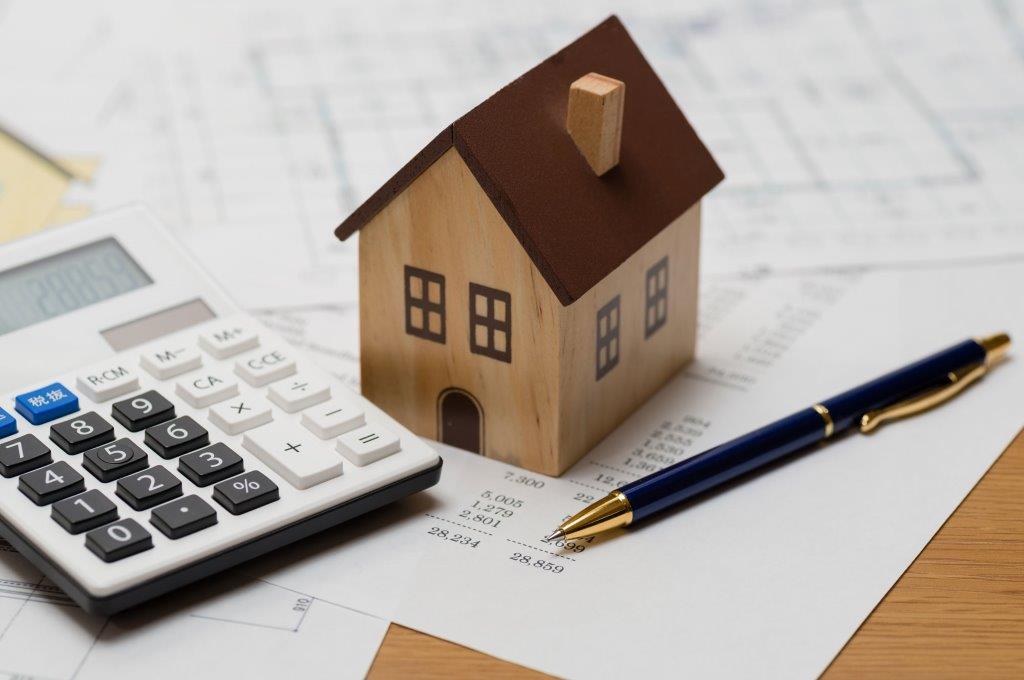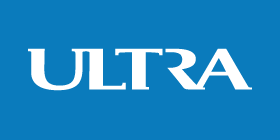Closing Costs in Florida
Posted by Dan Boyle on Friday, January 4th, 2019 at 11:41am.
 How much are closing costs in Florida? They’re probably very similar to what you’d encounter with any real estate transactions in most areas of the country, with a few exceptions. Will cover the basics of closing costs related to your home sale or purchase. Contact us for a closing cost estimate for any Naples property you see on our site or if you're selling one.
How much are closing costs in Florida? They’re probably very similar to what you’d encounter with any real estate transactions in most areas of the country, with a few exceptions. Will cover the basics of closing costs related to your home sale or purchase. Contact us for a closing cost estimate for any Naples property you see on our site or if you're selling one.
Consider the costs of selling a home. What comes to mind? If you’re selling, maybe you think about the commission. Some others include staging ($1,200 on average), keeping water and AC on if your house is vacant, mortgage payoff, transfer taxes ($750 on average), and even title insurance (read on). Yet, if you are buying a house, there are many different fees and costs to consider: the actual loan closing costs, attorney fees, HOA fees, and property taxes all factor in when closing on a home (and maybe tile insurance).
It is typical for closing costs to be between 2-5% of the selling price for buyers. Credit score also comes into play when calculating closing costs. The average buyer closing cost in Florida in 2017 was 3.5%. If the selling price was $200,000, this is about $7,000. This is a pretty substantial amount if it is coming out of your pocket, as is the case for many closings. But who pays closing costs? What kinds of fees make up the total amount owed at closing?
Who Pays Closing Costs?
Everybody is the short answer. Both buyers and sellers have different costs to pay at closing. However, the sellers’ costs typically are deducted from their proceeds. Usually, buyers will pay their closing costs out-of-pocket. This can be negotiated as well. Sometimes, buyers can ask the sellers to pay closing costs in exchange for a higher bid on the home.
While many things are negotiable, both parties almost always are going to pay out something at closing.
Buyer Closing Costs
Closing costs for buyers can range anywhere from $4,000-$10,000 for a $200,000 home. Credit score affects the cost of closing because the lender is taking into account the risk of the loan. Interest rates will vary as well. The average rate for closing costs nationwide is 3.5% of the price. Below are some of the fees buyers will need to consider when closing a house.
- Underwriting Fees
- Attorney Fees
- Home Inspection Fees
- Loan Origination Fees
- Appraisal Fees
- Lender’s Title Insurance (Usually a Buyer Expense, Varies by County)
- Title Search Fee
- Escrow Deposits
- Courier Fee
- Discount Points
- Prorations
- Lender's charges
Make sure you save for closing costs in addition to your deposit on a home. If the total seems daunting, then try negotiating the costs with the seller.
Seller Closing Costs
While it may feel like a lot to pay out of pocket for a buyer, sellers almost always get footed with a bigger bill. It is typical for sellers to pay 7-9% of the price in closing costs. The bulk of this represents the commission to the agents while the remainder is divided up into various fees. Sellers can expect to pay title insurance premiums, transfer taxes, recording fees, prorated taxes, HOA dues, and home warranty premiums. If the closing costs were negotiated to the seller, he or she would also need to pay these. In Florida, Title Insurance is relatively expensive and who pays for it varies. For instance, in Collier County, the buyer pays for it. In Lee County, though, it’s a Seller expense.
Closing Cost Calculator
Don’t be surprised by the amount you are expected to contribute at closing. Do your homework ahead of time. There are many resources you can use to calculate an approximate amount for closing costs and your Naples real estate agent can do this for you too. One simple resource can be found at Bank of America. This is a simple and only requires your loan amount, percentage down, and zip code for an average. There are other more complex ones such as this one at RK Mortgage, which also estimates monthly payments on the home.
While these are great tools to utilize, make sure you check with your mortgage lender to get a more accurate estimate.
